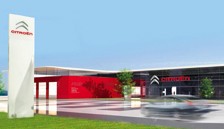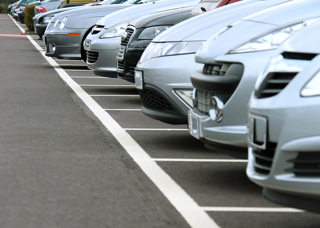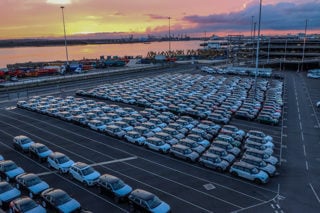The Government has confirmed that car dealerships will be allowed to reopen on June 1, as part of Coronavirus lockdown easing.
The Prime Minister said car showrooms will be able to reopen from June 1 "as soon as they are able to meet the COVID-19 secure guidelines to protect shoppers and workers".
Other non-essential retaill sites are expected to stay closed until June 15, but as car showrooms often have significant outdoor space and it is generally easier to apply social distancing, the risk of transmission of the virus is lower.
Calculations by the Society of Motor Manufacturers and Traders (SMMT) suggest it is costing £61m per day to keep showrooms closed. There are 4,900 new car showrooms in the UK that have been forced to close during the lockdown, with around 590,000 workers currently furloughed.
The annual tax-take from VAT, VED and other taxes on new car sales to private buyers alone amounts to some £5.4 billion, says the SMMT.
Sue Robinson, director of the National Franchised Dealers Association (NFDA), which represents franchised car and commercial vehicle retailers in the UK, said: "Following our lobbying efforts where we highlighted it was vital to include dealerships in the first wave of non-essential retail reopening, it is positive that the Prime Minister has confirmed the Government intends to reopen car showrooms from June 1.
"NFDA has worked closely with SMMT to produce guidelines for retailers in line with the Government’s recommendations. Retailers have been working hard to put all necessary measures in place to ensure social distancing can be observed.
"As lockdown measures start to ease, many of us will need cars to get back to work and it is crucial that automotive retailers are open to serve the workforce. The retail automotive sector looks forward to welcoming customers back into showrooms”.
Getting the new car market moving again will boost the UK’s £82 billion automotive manufacturing sector, which has already been hit by losses of more than £8 billion. Although production lines are gradually beginning to roll again, with almost half of the country’s car and engine plants set to be operating by the end of May, output is at a much slower pace as manufacturers enforce strict social distancing measures and market demand remains subdued.





















Login to comment
Comments
No comments have been made yet.